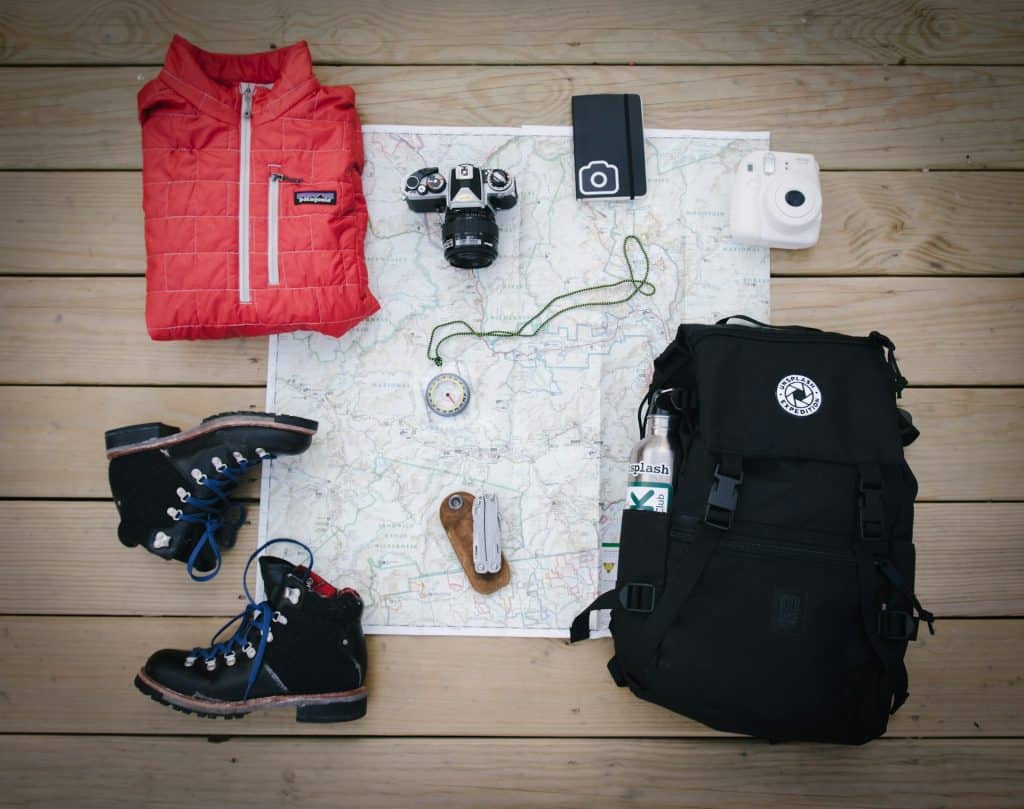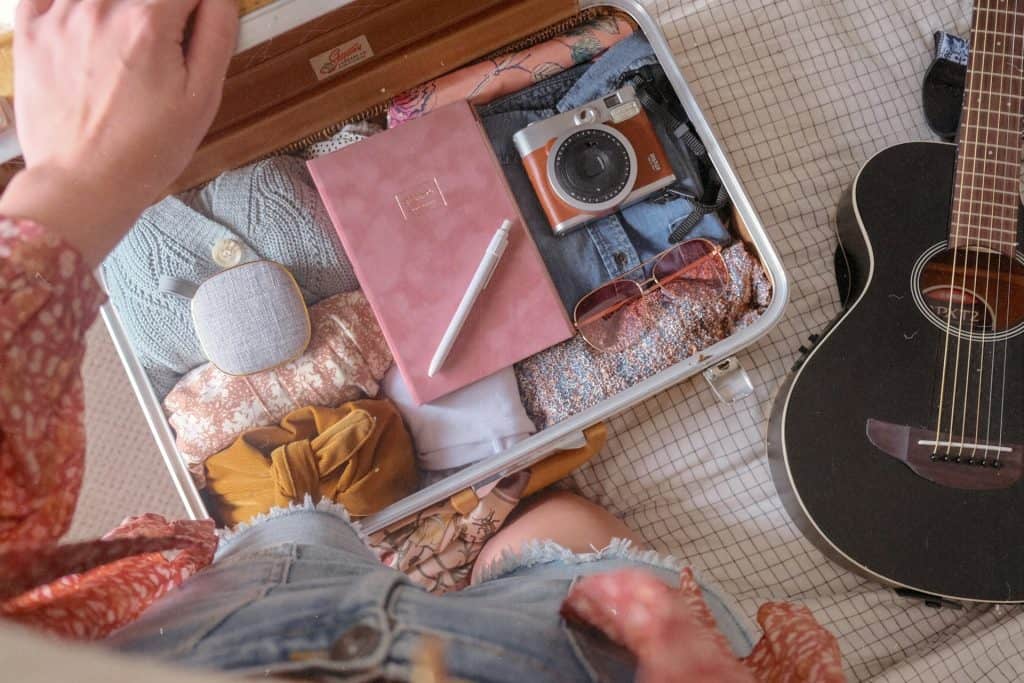Traveling as a student feels exciting because it gives you a break from routines, lectures, and the same old study spaces. A new city or country gives your mind room to breathe, even if you’re still carrying assignments in your backpack. But student travel also comes with challenges – tight budgets, limited WiFi, unpredictable schedules, and the constant feeling that you should be doing schoolwork at the same time.
Most travel tips online repeat the same ideas: pack light, bring a water bottle, download Google Maps. They’re not wrong, just not helpful anymore. Students need travel advice that matches real student life – flexible, budget-friendly, and easy to follow even when you’re tired, stressed, or halfway across a city with low battery.
It’s why many students lean on tools during busy weeks, including support like do my excel homework sites, especially when planning budgets or schedules before leaving. And when assignments collide with your travel days, insight from people like Annie Lambert, who writes about study patterns within an essay writing service, can make the whole experience easier to balance.
Here are student-friendly travel strategies that aren’t generic – practical, creative, and surprisingly useful.
Try Micro-Mapping Instead of Full Itineraries
Full itineraries look impressive until reality hits: delays, weather, tired legs, new discoveries, or simply wanting a slower day. Micro-mapping gives you structure without stress. Instead of planning every hour, you choose two main goals per day: one for the morning and one for the evening. Everything else stays open.
A micro-mapped day might be: a historic market in the morning, then a sunset viewpoint at night. That’s it. The middle of the day becomes flexible – perfect for wandering, eating slowly, or catching up on school tasks.
This helps when unexpected homework pops up. If you suddenly think, Do my Excel homework for me, you can fit that into the open middle of the day without ruining the entire trip.
Build a Local Offline Loop Before Leaving Each Morning
Travel WiFi is unpredictable. Some hostels have weak signals. Some cafés limit connections. Some neighborhoods have no coverage at all. The best way to avoid getting stuck is to create a simple “offline loop” every morning. Before heading out, download:
- Transit directions you need for the day
- Offline maps for the neighborhoods you’ll explore
- Saved café or restaurant notes
- Readings or assignments for long waits
With this loop, you never panic when WiFi disappears. You can still navigate, check plans, study on a train, reread assignments, or confirm restaurant options without needing a signal. It’s especially helpful when you suddenly remember, I need someone to do my Excel homework for me, and you’re far from stable WiFi.
Try Silent Mornings When Traveling With Friends
Group travel is fun but tiring. Everyone has opinions, preferences, and different energy levels. That’s why “silent mornings” are a travel trick worth trying. You wake up together, but the group agrees not to talk or plan for one quiet hour.
Some people read. Others walk the neighborhood alone. Someone might grab coffee. Someone else might study. By the time the hour ends, everyone feels recharged instead of overwhelmed by group decision-making.
Silent mornings reduce conflict and make the rest of the day smoother.
Create a “Three-Way Budget” Instead of a Single Travel Budget
Most students build one budget and hope it works. The smarter method is splitting it into three categories: daily essentials, flexible fun spending, and emergency money. This gives you clarity and prevents overspending early in the trip.
The categories usually look like this:
- Daily essentials for food, transit, and small supplies
- Fun spending for cafés, souvenirs, and social nights
- Emergency money for unexpected travel costs
This system works especially well when planning spreadsheets before a trip, especially if you think, Pay someone to do my Excel homework, because you want your budget to look clean and predictable.
Use “Reverse Packing” to Avoid Overstuffed Bags
Students almost always pack too much. One trick that works well is reverse packing: pack your bag fully, then remove one-third of the items – mostly extras, duplicates, and “just in case” clothes.
Traveling light makes trains, hostels, transfers, and crowds so much easier. It also leaves room for souvenirs or gifts from local shops.
Reverse packing also helps you stay organized while moving around different cities in one trip.
Build a Smart Study Cushion Into Each Trip
Trips feel stressful when you pretend school doesn’t exist and then panic when assignments return. The best travel students give themselves a “study cushion” – not long, just predictable. Ten to fifteen minutes twice a day is enough to keep your academic brain organized.
This cushion can be a quick review of notes, refreshing deadlines, or reading a page or two of course material. It keeps you grounded. It also prevents the moment when you realize, someone to do my Excel homework might be the only lifeline left because you forgot about an assignment while traveling.
Learn the “Two-Café Rule” for Study-Friendly Travel Days
Some cities have fantastic study vibes – others don’t. The two-café rule helps you find your best work spots fast. If the first café is too loud, slow, crowded, or expensive, move on. Never force yourself to stay. The second café usually hits the sweet spot.
This rule works well for morning study sessions before exploring new spots in the afternoon.
Use Night Transit to Save Money and Gain Time
Traveling on night buses or trains saves you on one night’s accommodation and frees your daytime hours for exploring. Students use this trick to stretch their budgets and make longer trips possible.
Night transit isn’t always glamorous, but with a neck pillow, downloaded playlists, and your offline loop ready, it becomes one of the most efficient travel hacks.
While you’re traveling smartly and efficiently, don’t forget about protecting your devices. With the unpredictable nature of student travel, a durable phone case is essential. Ghostek offers reliable protection for your Galaxy S26 Ultra, ensuring your phone stays safe from drops, scratches, and other accidents while you’re on the go. A slim, protective case gives you peace of mind without adding bulk to your bag, allowing you to focus on enjoying your trip.
Final Thought
Student travel isn’t about checking off famous landmarks. It’s about discovering small corners of a new place, staying flexible, and keeping your mind open. These tips make the trip less stressful, more spontaneous, and easier to balance with school responsibilities.
Whether you’re studying on a train, walking through a historic street, or using a quiet moment to catch up on assignments, smart travel habits help you enjoy everything more fully.
With the right mix of structure and freedom, every trip becomes smoother, lighter, and far more memorable!






